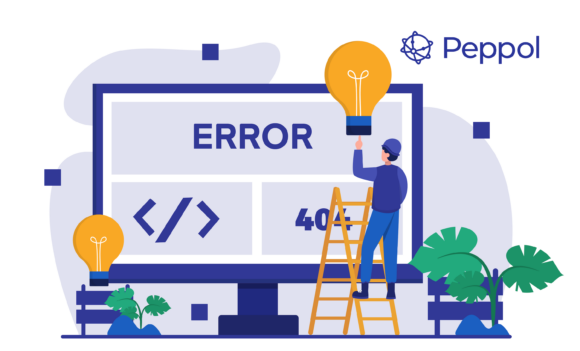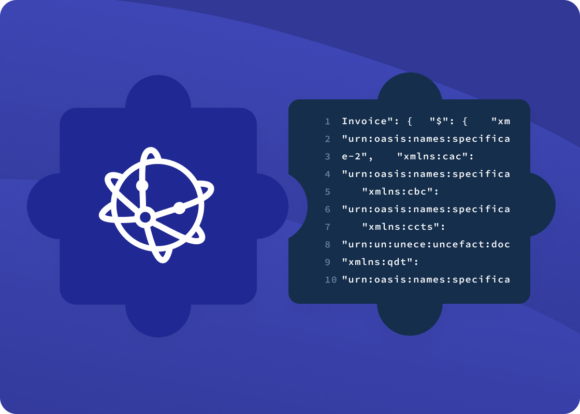Transactions, technologies and trends
Category: Peppol
Peppol: Transforming e-procurement and document exchange
Peppol (initially an acronym for “Pan-European Public Procurement Online”) is an international framework and business network designed to facilitate the secure and standardized exchange of electronic business documents. Originally developed in Europe, Peppol has evolved into a globally recognized system that supports electronic procurement (e-procurement) and enhances efficiency in business transactions.
At its core, Peppol provides a standardized approach to e-document exchange, enabling organizations to interact seamlessly regardless of their technical infrastructure. The framework simplifies the complexities of cross-border trade and procurement processes while promoting accuracy, speed, and regulatory compliance.
Key features and applications of Peppol
A defining feature of Peppol is its ability to standardize electronic document formats, such as invoices, purchase orders, and shipping notices. Creating a common framework ensures interoperability between trading partners, eliminating the need for costly custom integrations. One of its primary applications is electronic invoicing (e-invoicing), which allows businesses to send and receive invoices digitally, reducing processing times and accelerating payment cycles.
Peppol operates through a distributed network of certified Access Points, which act as intermediaries between organizations. These Access Points handle secure data routing, encryption, and compliance with Peppol standards, ensuring a reliable and trusted exchange of business documents. This structure supports many e-procurement activities, including purchase orders, catalog management, and order confirmations.
Global Reach and advantages
While its initial focus was on Europe, Peppol’s reach has expanded significantly. Many countries and regions worldwide have adopted its principles, making it a cornerstone for international trade and procurement. Its robust security measures, including digital signatures and encryption, enhance trust by ensuring the confidentiality and authenticity of transmitted documents.
The network offers numerous advantages, such as reducing administrative overhead by automating document exchanges. This minimizes manual data entry, lowers error rates, and decreases costs. Furthermore, Peppol supports regulatory compliance, as its e-invoicing standards align with tax and reporting obligations in many jurisdictions. This makes it an attractive solution for businesses seeking to streamline their operations while adhering to local laws.
In addition to e-invoicing, Peppol supports various other business processes, including order management and catalog updates, providing an end-to-end solution for e-procurement. Its emphasis on standardization and interoperability has fundamentally transformed how organizations manage their supply chains and conduct business.
By adopting the Peppol framework, businesses can improve operational efficiency, reduce costs, and enhance sustainability, making it a vital tool for modern supply chain management.
Explore the Peppol network and its transformative impact on global business practices.

Peppol Academy is now open. It is the resource hub for a comprehensive introduction to the Peppol network. Sign up for hands-on learning and insights.

Value-Added Network (VAN) solutions and legacy technologies used for business messaging — the exchange of electronic business documents — are increasingly being outpaced by alternatives that offer more seamless, accessible, and cost-efficient transaction management.

Choosing the right Peppol partner is crucial for optimizing your business’s e-invoicing and procurement processes. With the growing importance of Peppol in digital transactions, it’s essential to carefully evaluate potential partners to ensure they meet your needs and provide long-term value. Here are the key aspects.

Peppol Academy is a series of educational webinars and downloadable content designed to deepen your understanding of the Peppol business network.

Peppol is gaining traction in the world of business messaging. Companies are increasingly migrating business messaging — e-invoices, e-orders, and other transaction flows — from legacy technologies to this new, open standard. From a developer’s point-of-view, here’s why it has become a new paradigm in B2B.
